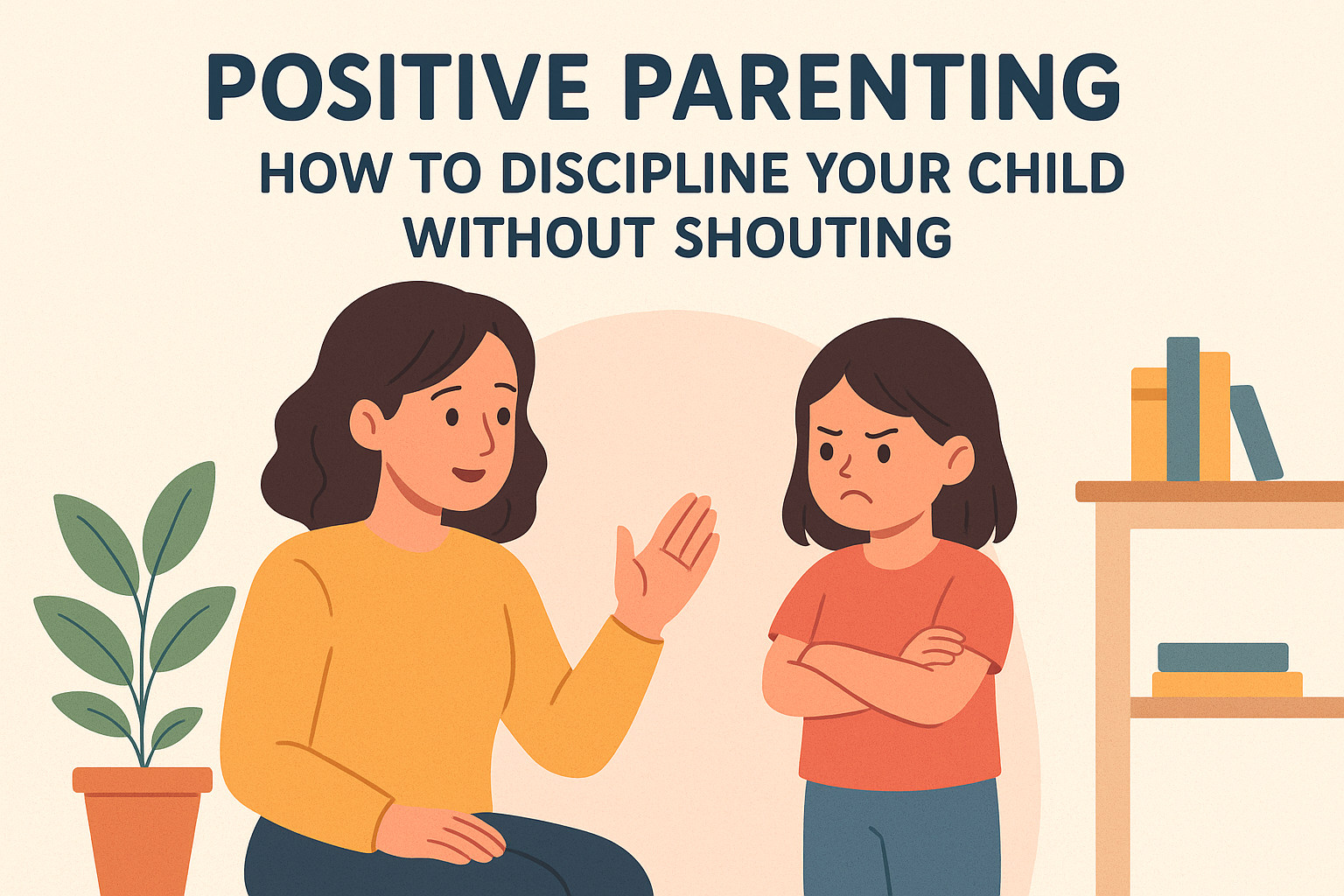
"FAMILY PROBLEM: THE CORE CAUSES"
Family is often considered the cornerstone of society, providing love, support, and stability to its members.
However, no family is immune to problems, and many households experience significant challenges that can strain relationships and disrupt the harmony that is essential for a healthy family life.
The nature of these problems varies widely, ranging from communication breakdowns and financial difficulties to issues of trust and emotional estrangement. Addressing and solving family problems requires a comprehensive approach that involves understanding the root causes, fostering open communication, and seeking external help when necessary. This essay explores common family problems and offers solutions to help families navigate these challenges and build stronger, healthier relationships.
Common Family Problems:
1. Communication Breakdown:One of the most prevalent issues in families is poor communication. When family members do not express their feelings, thoughts, or concerns effectively, misunderstandings arise, leading to conflict and resentment. Communication breakdowns can occur between spouses, between parents and children, or even among siblings. The lack of open and honest communication often results in feelings of neglect, frustration, and isolation.
2. Financial Strain:Money is a leading source of stress in many families. Financial problems can stem from job loss, debt, unexpected expenses, or differing attitudes towards spending and saving. When financial strain becomes overwhelming, it can lead to arguments, anxiety, and in severe cases, even divorce. The stress of financial insecurity can permeate every aspect of family life, affecting emotional well-being and causing long-term damage to relationships.
3. Trust Issues:Trust is the foundation of any healthy relationship, but it can be easily damaged by betrayal, dishonesty, or infidelity. When trust is broken within a family, it can create a rift that is difficult to repair. Trust issues may arise between spouses, where one partner feels betrayed by the other, or between parents and children, where a child feels let down by a parent's actions. Without trust, family members may feel insecure, leading to further emotional distance and conflict.
4. Parental Conflict: Disagreements between parents on how to raise their children are common, but when these disagreements turn into frequent conflicts, they can have a detrimental effect on the entire family. Children who witness constant arguments between their parents may feel stressed, anxious, and insecure. Parental conflict can also lead to inconsistent discipline, where children receive mixed messages, further exacerbating behavioral problems.
5. Emotional Estrangement:Over time, some families may experience emotional estrangement, where members feel disconnected from one another. This estrangement can occur gradually, as family members become more focused on their individual lives, work, or external relationships. Emotional estrangement can result in feelings of loneliness, neglect, and a lack of support, making it difficult for family members to rely on each other during challenging times.
Solutions to Family Problems:
1. Improving Communication:The key to resolving communication breakdowns is fostering an environment where open and honest dialogue is encouraged. Families can benefit from setting aside regular time for family meetings or conversations where everyone has the opportunity to express their thoughts and feelings without fear of judgment. Active listening is also crucial—family members should strive to listen to each other with empathy and without interruption. Additionally, seeking the help of a family therapist can provide tools and strategies for improving communication skills and resolving conflicts.
2. Financial Planning and ManagementTo address financial strain, families should focus on creating a comprehensive financial plan that includes budgeting, saving, and managing debt. Open discussions about finances are essential, allowing all family members to understand the household's financial situation and contribute to decision-making. Seeking the advice of a financial counselor can also be beneficial in developing a realistic budget and identifying ways to reduce expenses. In situations where financial strain is overwhelming, exploring additional income sources or restructuring debt may be necessary.
3. Rebuilding TrustRebuilding trust after it has been broken requires time, patience, and consistent effort from all parties involved. The first step is acknowledging the breach of trust and offering a sincere apology. The person who has been hurt needs to express their feelings and set clear expectations for moving forward. Both parties must commit to being transparent and consistent in their actions to rebuild trust over time. In cases of severe trust issues, such as infidelity, seeking professional counseling can provide a structured environment for healing and rebuilding the relationship.
4. Resolving Parental ConflictParents who frequently disagree on child-rearing practices should work towards finding common ground and presenting a united front to their children. This requires compromise and a willingness to listen to each other's perspectives. It may be helpful for parents to establish clear guidelines and rules that both agree on, ensuring consistency in discipline and expectations. When conflicts arise, parents should avoid arguing in front of their children and instead discuss their differences privately. Family therapy can also be a valuable resource for parents struggling to resolve their conflicts.
5. Strengthening Emotional ConnectionsTo prevent or address emotional estrangement, families should prioritize spending quality time together. Engaging in shared activities, such as family dinners, outings, or game nights, can help strengthen emotional bonds. It's important for family members to express appreciation and affection regularly, making each person feel valued and supported. When emotional estrangement has already set in, families may benefit from counseling to rebuild their connections and address underlying issues.
In Conclusion,Family problems are an inevitable part of life, but they do not have to lead to permanent damage or estrangement. By recognizing the common challenges that families face and taking proactive steps to address them, it is possible to resolve conflicts and strengthen family relationships. Open communication, financial management, trust-building, conflict resolution, and emotional connection are all critical components of a healthy family dynamic. With commitment and effort from all family members, it is possible to overcome these challenges and create a supportive, loving, and resilient family unit.



0 COMMENTS